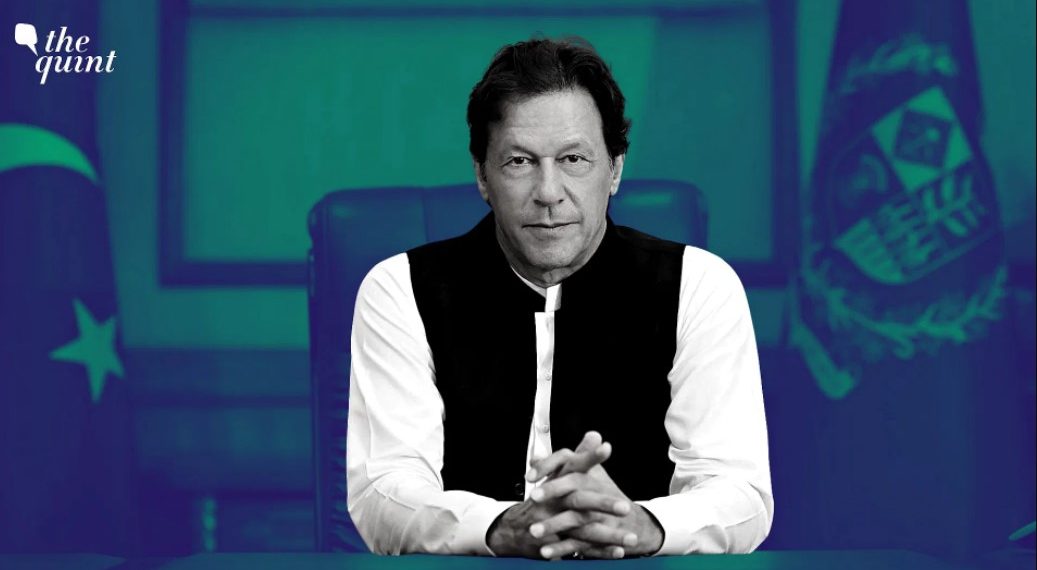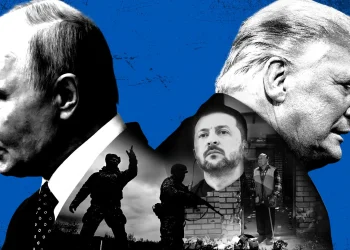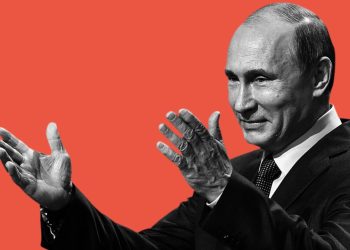ISLAMABAD (Realist English). On April 9, 2022, the Prime Minister of Pakistan, Imran Khan, resigned after a vote of no confidence in parliament. The first attempt to oust him was made on April 3, but at that time it failed, as Deputy Speaker Kassym Khan Suri rejected a vote of no confidence. The deputy motivated this by the fact that the initiative to remove the Prime Minister was inspired by external forces. The Vice-Speaker saw this as a violation of article 5 of the country’s Constitution. This article proclaims the basic duty of every citizen of Pakistan to be loyal to the State.
On April 8, Imran Khan claimed that his political opponents had colluded with the United States to overthrow him because of the foreign policy decisions he had made the day before, which favored the development of the country’s relations with Russia and China, challenging Washington. Perhaps the former Prime Minister quite objectively assessed the situation around him. Most likely, his visit to Moscow on February 23-24 of this year and talks with Russian President Vladimir Putin became an immediate pretext for intensifying US efforts to remove Khan from the post of head of government. This clearly did not fit into the recently unleashed general rabid anti-Russian policy of the collective West, led by Washington, because of the events in Ukraine.
Nevertheless, there were enough objective reasons for expressing distrust of the Prime Minister and his Cabinet: the deterioration of the national economy, the loss of support for Khan by the majority of the country’s political forces and the leadership of the armed forces. Subsequently, a significant role in the success of the impeachment was played by the fact that several allies of the Prime Minister and representatives of the key coalition party sided with the opposition.
Elections of a new Prime Minister were scheduled for April 11 in Pakistan. It was expected that the main contender for this post would be the leader of the united opposition, 70-year-old Shahbaz Sharif, who stated that “the new government of Pakistan will restore the rule of law in the country and will not pursue a “policy of revenge.” Pakistan will once again become a constitutional State. It is in the interests of the nation to forget about the grievances of the past and move forward.” The Parliament supported his candidacy. He will assume the post of Prime Minister in the coming days.
It is expected that the new government will be formed as soon as possible on the basis of the united opposition, which covers a fairly wide political spectrum from the extreme left to radical religious figures.
But behind the declarative statements of the future Prime Minister, there may also be a possible freezing or even curtailing of the country’s trade, economic and military-technical cooperation with Russia, the disruption of the construction of the Pakistani Stream gas pipeline, which was previously called North-South, already agreed by the parties. The Russian leadership attaches great importance to this project, since it is not only of a bilateral mutually beneficial nature, but in the future could play a major role in the system of regional Asian integration for receiving gas from the Turkmenistan—Afghanistan—Pakistan—India (TAPI) strategic gas pipeline under construction. Let’s hope that the new Pakistani authorities will still not “shoot themselves in the foot” and will continue cooperation with Russia on the “Pakistan Stream” and other projects beneficial to the both sides.
A possible sharp reversal in Islamabad’s foreign policy from a multi-vector orientation towards a greater orientation towards the United States and the West, which is advocated by the current political and military establishment of Pakistan, represents a new challenge to Russia and the CSTO in the Central Asian region and in the Pakistani-Afghan direction. The zeroing of Pakistan’s cooperation with Russia over the years in various fields will have a very negative impact on the cooperation of the SCO countries.
It is unlikely that the involvement of Islamabad in the orbit of Washington’s anti-Russian policy will contribute to stability and strengthening regional security, to interaction of states in the fight against radical Islamist groups of a terrorist nature.
Stanislav Ivanov is a leading researcher at the Center for International Security of the IMEMO RAS, special to Realist English


















